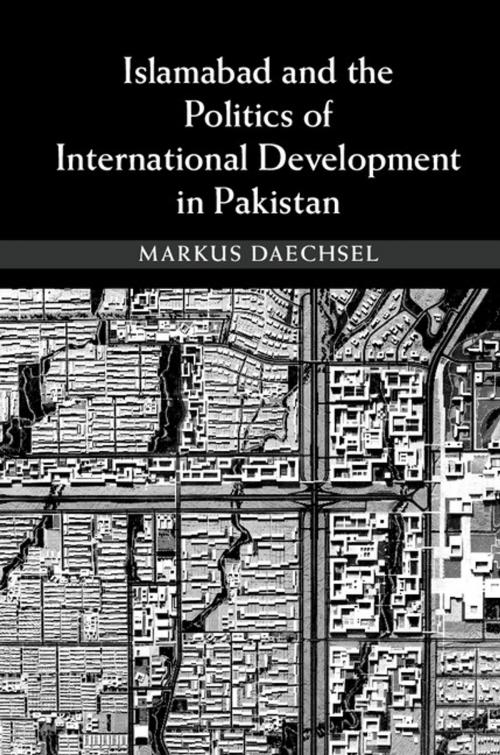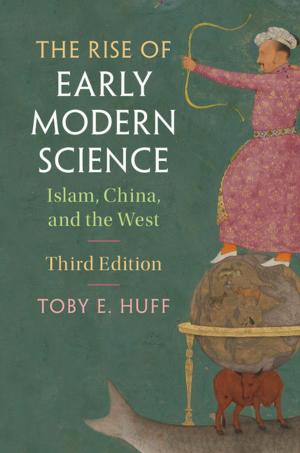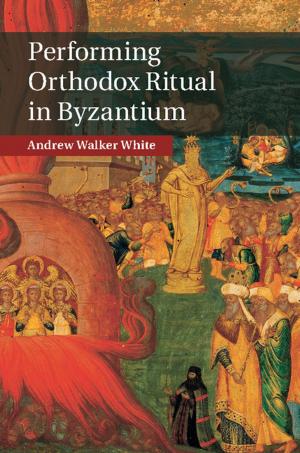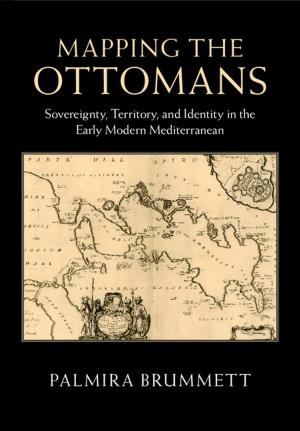Islamabad and the Politics of International Development in Pakistan
Nonfiction, History, Asian, India, Social & Cultural Studies, Political Science| Author: | Markus Daechsel | ISBN: | 9781316288542 |
| Publisher: | Cambridge University Press | Publication: | March 19, 2015 |
| Imprint: | Cambridge University Press | Language: | English |
| Author: | Markus Daechsel |
| ISBN: | 9781316288542 |
| Publisher: | Cambridge University Press |
| Publication: | March 19, 2015 |
| Imprint: | Cambridge University Press |
| Language: | English |
This is a highly original account of the design and development of Pakistan's capital city; one of the most iconic and ambitious urban reconstruction projects of the twentieth century. Balancing archival research with fresh, theoretical insights, Markus Daechsel surveys the successes and failures of Greek urbanist Constantinos A. Doxiadis's most ambitious endeavour, Islamabad, analysing how the project not only changed the international order, but the way in which the Pakistani state operated in the 1950s and 1960s. In dissecting Doxiadis's fraught encounter with Pakistani policy makers, bureaucrats and ordinary citizens, the book offers an unprecedented account of Islamabad's place in post-war international development. Daechsel provides new insights into this period and explores the history of development as a charged, transnational venture between foreign consultants and donors on the one side and the postcolonial nation state on the other.
This is a highly original account of the design and development of Pakistan's capital city; one of the most iconic and ambitious urban reconstruction projects of the twentieth century. Balancing archival research with fresh, theoretical insights, Markus Daechsel surveys the successes and failures of Greek urbanist Constantinos A. Doxiadis's most ambitious endeavour, Islamabad, analysing how the project not only changed the international order, but the way in which the Pakistani state operated in the 1950s and 1960s. In dissecting Doxiadis's fraught encounter with Pakistani policy makers, bureaucrats and ordinary citizens, the book offers an unprecedented account of Islamabad's place in post-war international development. Daechsel provides new insights into this period and explores the history of development as a charged, transnational venture between foreign consultants and donors on the one side and the postcolonial nation state on the other.















